
Radar | Apr 30,2024
Jun 1 , 2019
By NOEL MINWAGAW ( FORTUNE STAFF WRITERS )
The government has drafted a proclamation that will introduce a new system that delegates an autonomous body to evaluate and approve new public projects from inception through implementation and operation.
An office will be set up under the Planning & Development Commission, according to the new bill that is making its way through the process. Ministries of Finance and Urban Development & Construction, the Public Procurement & Property Administration Agency, the Federal Integrated Infrastructure Development Coordination Agency and other federal and regional regulatory agencies would cooperate with the new scheme.
Upon initiation of public projects, the lead institutions will submit their feasibility studies to the Commission for review, which will then determine the viability of the project. The bill creates three categories of public projects: small projects costing less than 100 million Br; medium projects that cost between 100 million Br and one billion Br; and large projects with budgets above one billion Birr.
Large projects, such as hydroelectric and irrigation dams and other infrastructure development, account for six percent of all projects.
The new office, to be established under the proposed bill, which is being readied to be sent to the Council of Ministers, will provide a system to guide public projects through their identification, concept development, preliminary screening, preparation and appraisal of feasibility studies, prioritisation, selection, implementation and post-project evaluation phases.
The bill is aimed at avoiding cost overruns and delays, according to Bereket Fissehatsion, director of development projects appraisal at the Commission.
Data from the McKinsey & Company, a consultancy firm specialising in management, shows that most public projects in Ethiopia are known to suffer from delays and corresponding cost overruns.
Most cost overruns in Ethiopian public projects range between 60pc and 160pc, according to the report. The study also showed that some projects had cost overruns that reached as high as 400pc.
Another assessment conducted by the Commission shows how delays of projects have bled the nation, citing that in the 15 years between 2000 and 2015, irrigation and road construction projects together have run nearly 47.7 billion Br above their initial estimates.
Last January the Office of the Auditor General presented a scathing report to parliament on its findings of the inflated cost of two irrigation dams. Zarema Mayday and Megech irrigation dams cost the government 13.6 billion Br, double the initial estimated cost.
The Auditor General advanced the reason for the cost overruns as being that projects were initiated without sufficient design, environmental assessments or pre-feasibility studies. “If a proper project management and administration system were put in place, the country could save billions of dollars from its annual capital expenditure,” reads McKinsey’s report.
The feasibility study of small projects, which accounts for 81pc of all projects in the country, will be conducted by the project owners and submitted to the Commission and the Ministry of Finance, according to the bill.
“Projects owners have to hire consultants, which are not involved in the project planning process, to prepare the feasibility studies,” said Bereket.
The Commission conducts appraisals for large and medium projects, or it may be outsourced to external firms, according to Bereket.
Challa Amdissa, a public administration lecturer at Addis Abeba University, believes that delays and cost overruns of public projects stem more from political problems than economic ones.
Lack of accountability of those in charge of the projects are the primary reasons for the delay of the projects, according to the expert.
“Having a system that puts a check on projects and their owners is a big step toward solving these problems,” Challa said. “Standing committees in parliament should also have stringent follow-ups on such projects with the help of independent experts in the area.”
The Commission is expecting that the legislative process will be completed by the end of August and be enacted in the 2020/21 fiscal year.
“As the budget bill for the coming fiscal year is already prepared, the new system will be enacted a year later,” Bereket told Fortune.
PUBLISHED ON
Jun 01,2019 [ VOL
20 , NO
996]

Radar | Apr 30,2024

Radar | Mar 25,2023
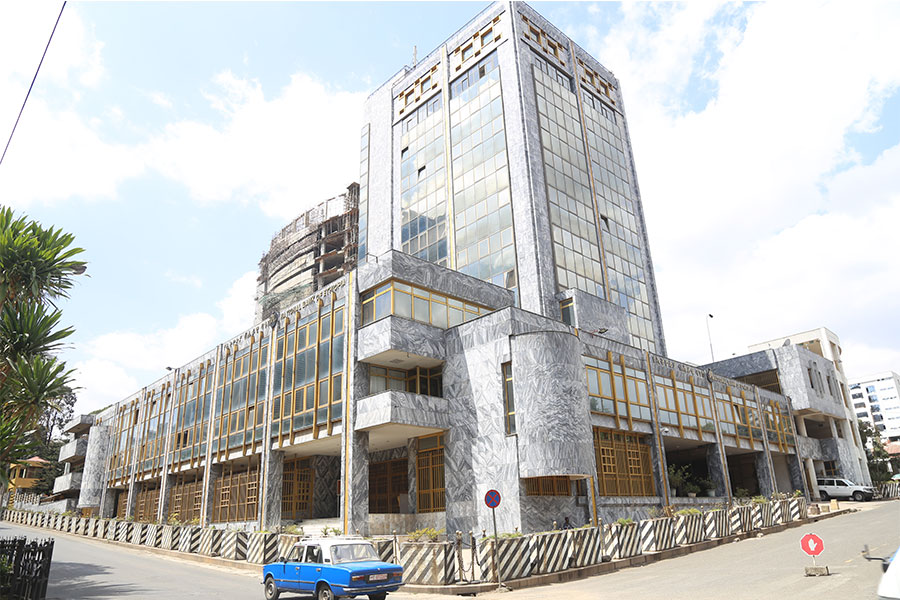
Fortune News | Sep 21,2019
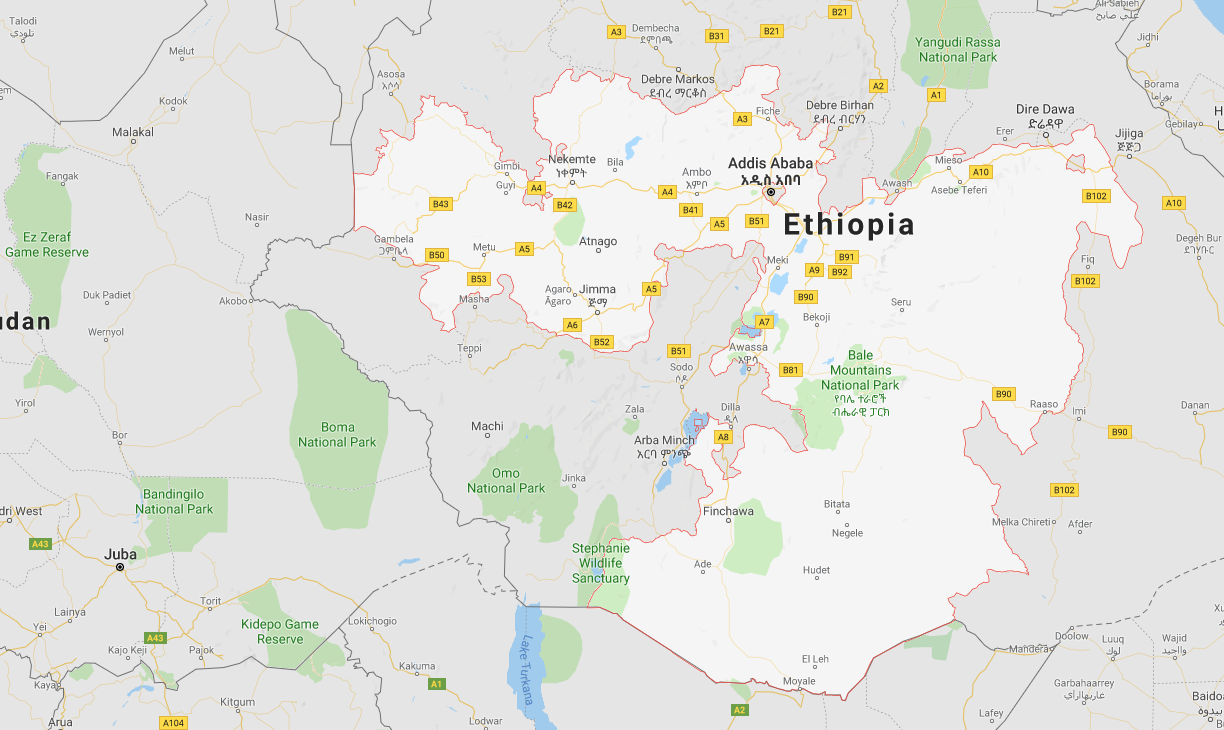
Fortune News | Sep 28,2019

Life Matters | Nov 27,2021
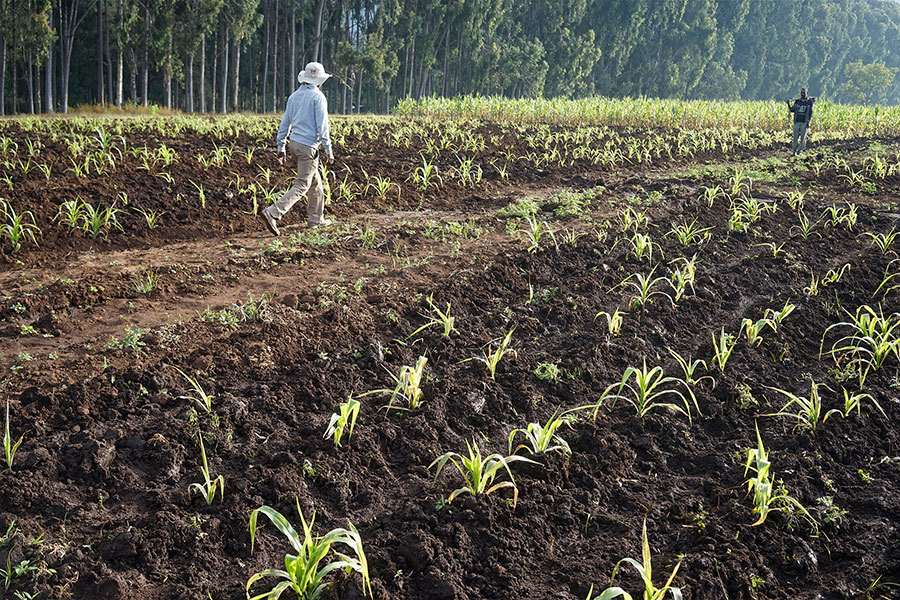
Fortune News | May 10,2022

Fortune News | Jun 25,2022
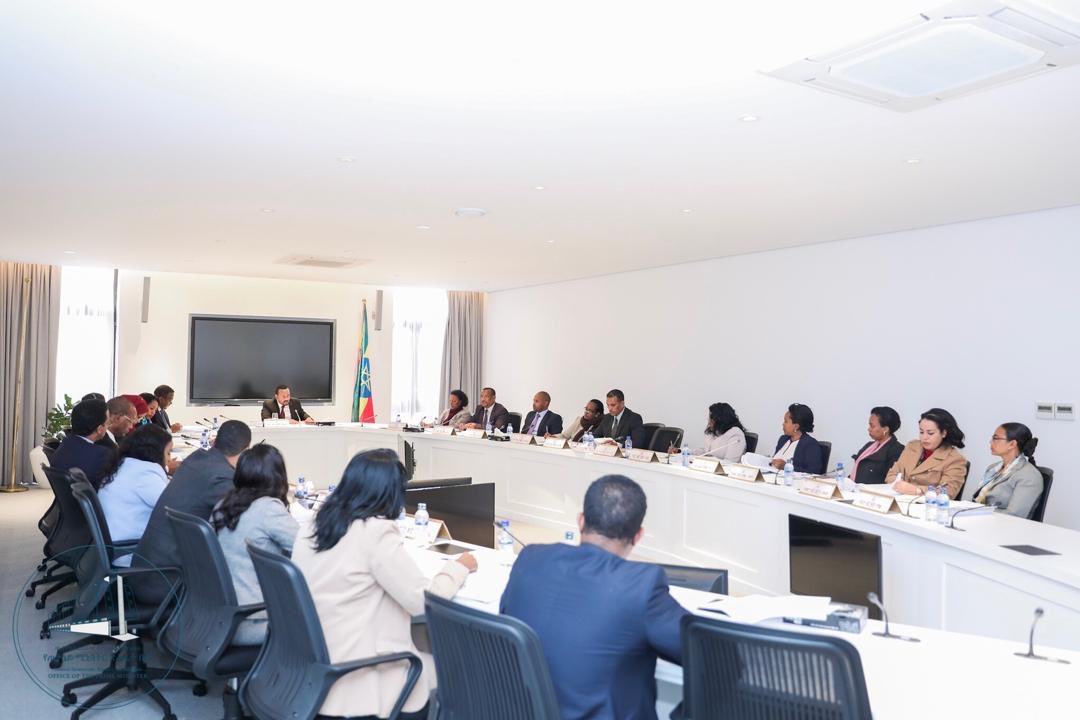
Fortune News | Jul 27,2019
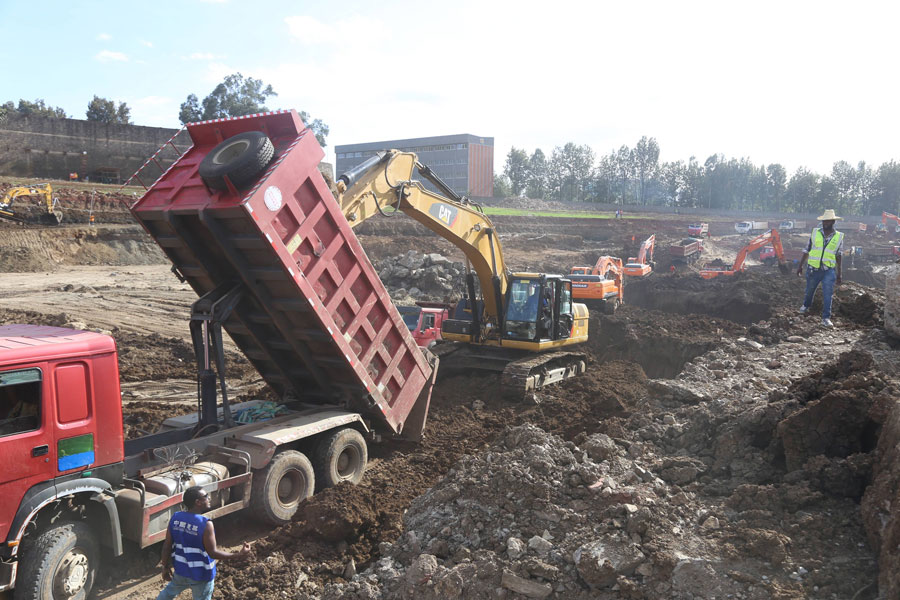
Fortune News | Oct 31,2020

Viewpoints | May 31,2025

Dec 22 , 2024 . By TIZITA SHEWAFERAW
Charged with transforming colossal state-owned enterprises into modern and competitiv...

Aug 18 , 2024 . By AKSAH ITALO
Although predictable Yonas Zerihun's job in the ride-hailing service is not immune to...

Jul 28 , 2024 . By TIZITA SHEWAFERAW
Unhabitual, perhaps too many, Samuel Gebreyohannes, 38, used to occasionally enjoy a couple of beers at breakfast. However, he recently swit...

Jul 13 , 2024 . By AKSAH ITALO
Investors who rely on tractors, trucks, and field vehicles for commuting, transporting commodities, and f...

Oct 25 , 2025
The regulatory machinery is on overdrive. In only two years, no fewer than 35 new pro...

Oct 18 , 2025
The political establishment, notably the ruling party and its top brass, has become p...

Oct 11 , 2025
Ladislas Farago, a roving Associated Press (AP) correspondent, arrived in Ethiopia in...

Oct 4 , 2025
Eyob Tekalegn (PhD) had been in the Governor's chair for only weeks when, on Septembe...